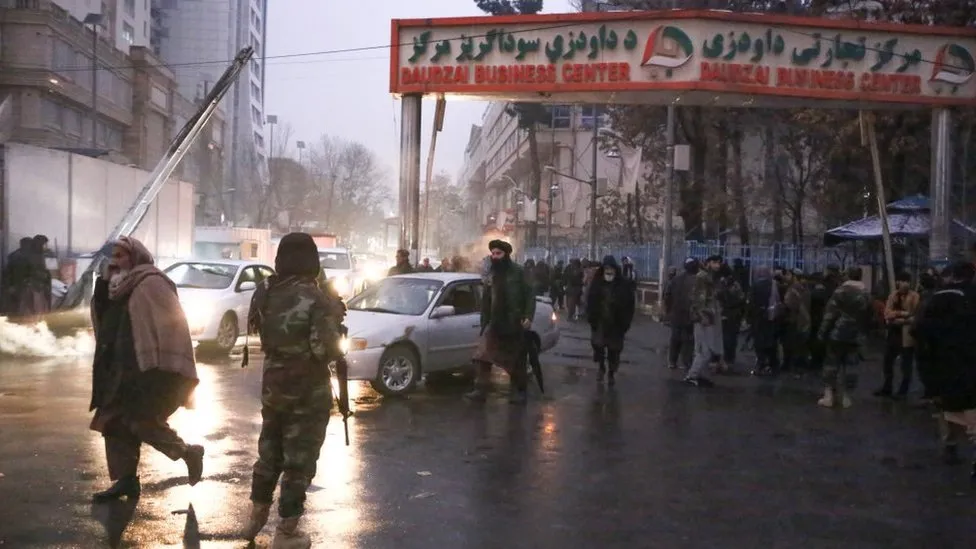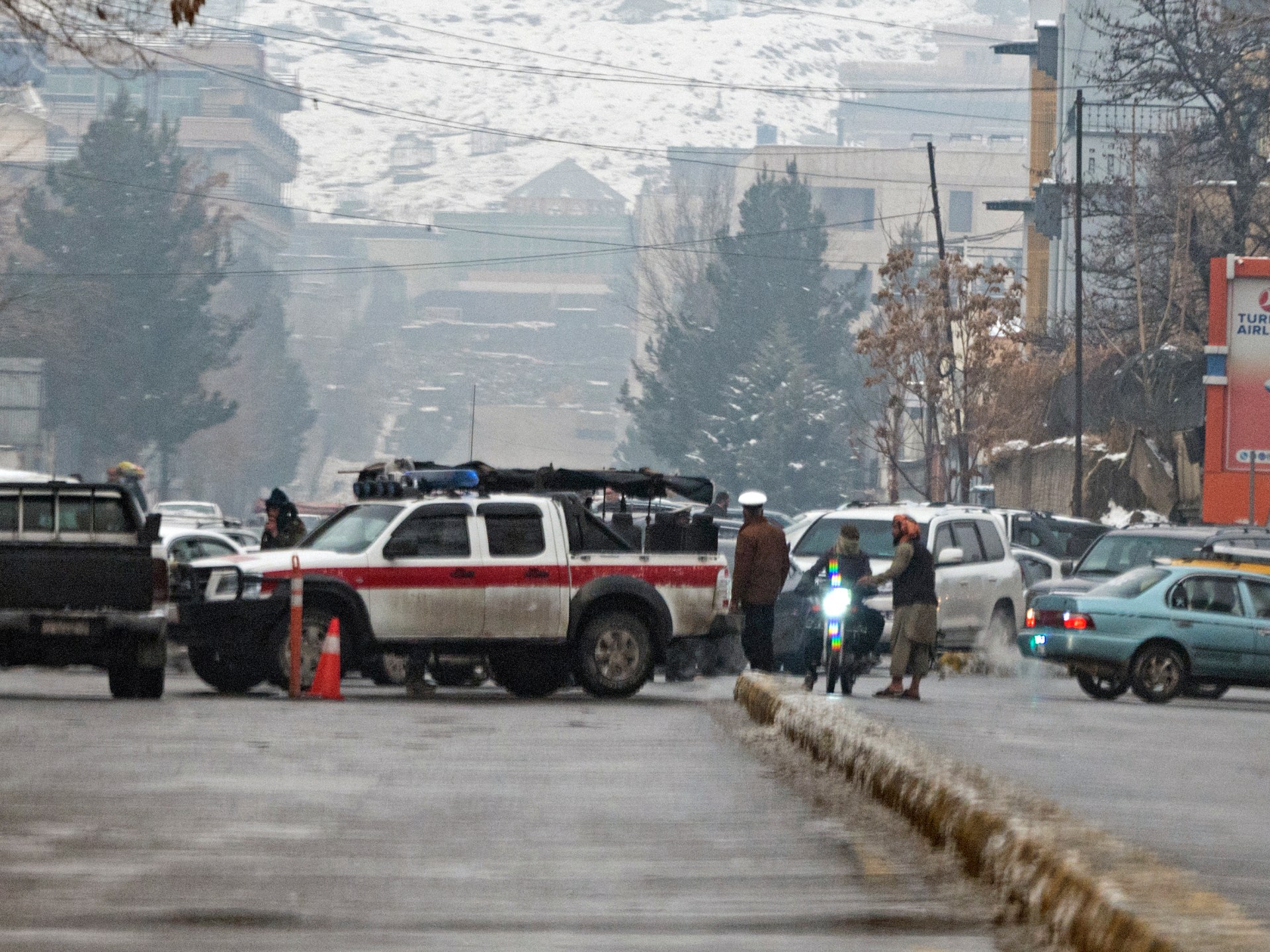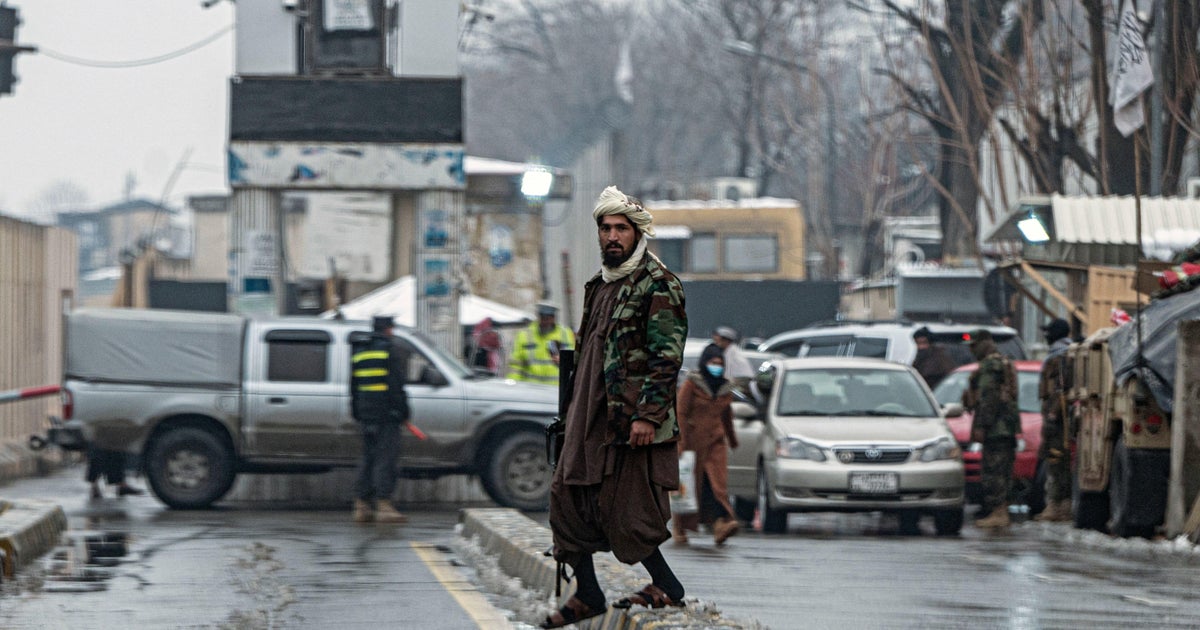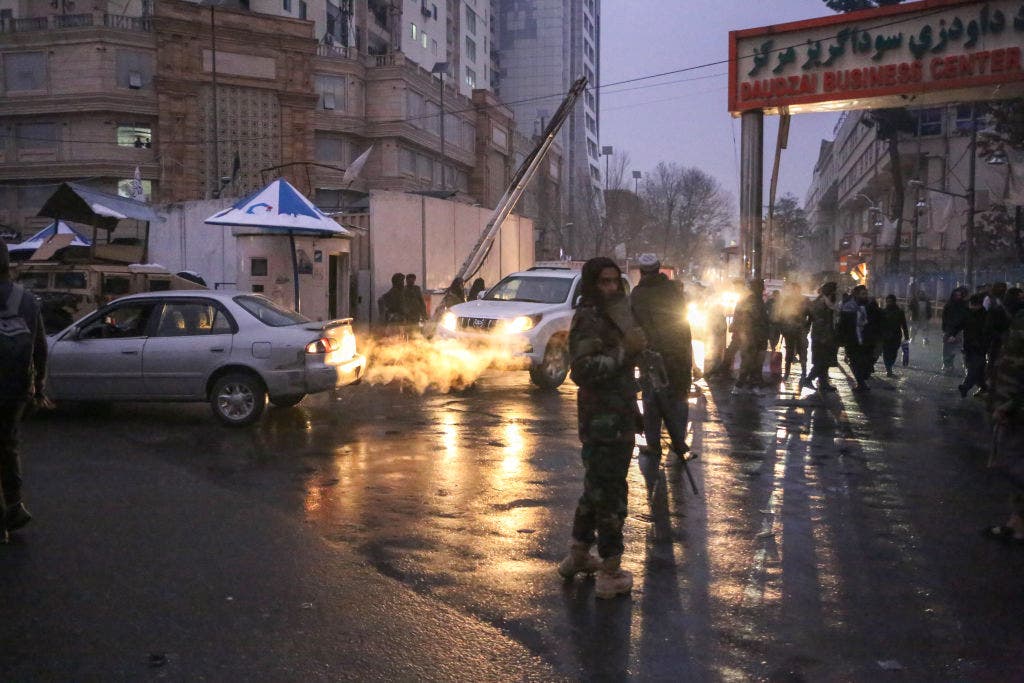The Facts
A suspected suicide bombing on Wednesday outside the Foreign Ministry in the Afghan capital of Kabul reportedly killed numerous people and injured many more.
Ustad Fareedun, an official in the Ministry of Information under the Taliban government, said at least 20 people had been killed, while Kabul police chief spokesman Khalid Zadran put the official death toll at five.
The Spin
Pro-establishment narrative
The latest devastating bombing reminds the world that, despite claims to the contrary, the Taliban are incapable of providing security for the Afghan people. Meanwhile, the ISPK's terror campaign is rampant, and the IS offshoot is busy infiltrating Central, South, and West Asia. By continuing to suppress Afghan ethnic and religious minorities, the Taliban regime is playing into the hands of the ISKP, contributing to the surge of local terror.
Establishment-critical narrative
It's primarily the Afghan population that suffers from the terror of groups like ISKP. While the Taliban's inability to provide security is partially responsible, the suffering is further exacerbated by the withdrawal of Western NGOs and sanctions against Afghanistan — a policy of isolating the country that's counterproductive. The point isn't to recognize the Taliban regime but to develop a balanced Afghanistan policy.
Narrative C
With its terror campaign, the ISKP is also trying to keep foreign powers from bolstering ties with Kabul. The Chinese government, for example, may not officially recognize the Taliban, but Beijing maintains diplomatic relations with the country and plans to invest in Afghanistan's natural resources, making the Chinese a prime ISKP target.





